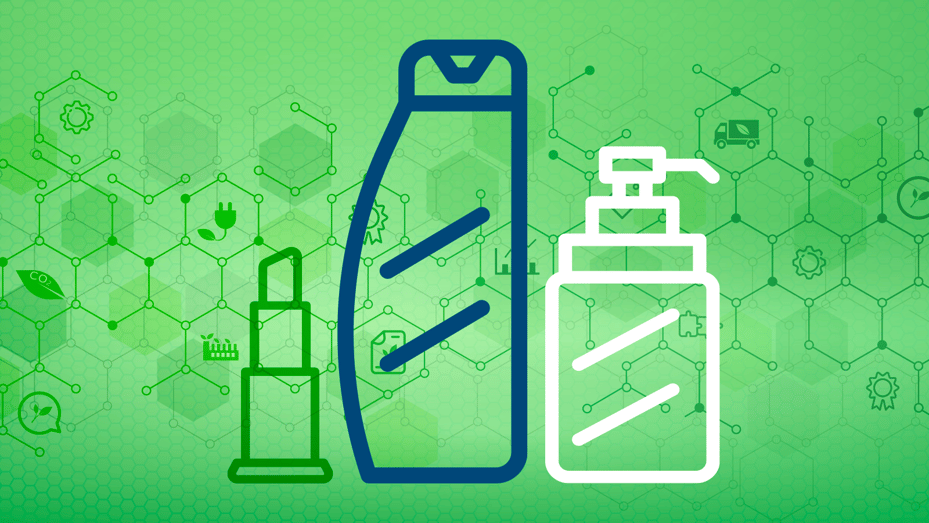
- Home
- PLM & Compliance Blog
- How technology helps a cosmetics industry leader build a foundation of sustainability
How technology helps a cosmetics industry leader build a foundation of sustainability
|
Product Lifecycle Management
Posted By:
Trace One

More than half of consumers say they consider sustainability a key factor when shopping for beauty, but critics claim industry solutions have so far come up short.
In a poll of 2,000 adults by weDo / Professional, the sustainable arm of hair care brand Wella, 61% of respondents said they struggle to tell whether a beauty product is ethically produced by looking at its packaging, while 55% admitted that they do not check make-up and skin care products' eco-credentials as they feel they have “no choice” but to buy products that are not sustainable or animal friendly.
But one company sees sustainability as an opportunity for growth.
Difficult, but not impossible
While remaining clear-eyed about the challenges, this global research and innovation powerhouse behind some of the biggest names in cosmetics—is aiming to make real and substantive change in this arena.
“There is still a long way to go [when it comes to sustainability]” says the President and Founder, “not so much regarding clean formulations, but in packaging because the use of plastics is still widespread. The main challenge will be combining sustainability of products and formulas with performance and quality.”
In the beauty industry, an estimated 120 billion units of packaging is created every year, Zero Waste Europe says; and as little as 9 percent of plastic waste ever produced by any industry has been recycled, according to the UN. Products also regularly end up with “forever chemicals” on their ingredients lists, according to Vogue Business, something that’s difficult for individual brands to tackle.
But there’s reason to be optimistic about the future.
As the Senior Vice President of Makeup at the cosmetics manufacturer explains, “The possibilities for sustainable and natural beauty product manufacturing have evolved dramatically from when the concepts started circulating roughly 25 years ago. Back then, using natural ingredients resulted in products with performance that wasn’t up to par. The real difference is today we can get performance… softness, skin-like adhesion, wear, the whole cosmetic performance.”
The company is leveraging creativity to advance such goals.
“Innovation is the name of the game,” the President and Founder says. “Our ability to innovate and act as a trend setter plus the uniqueness of our business model allows us to be the only player in the ODM (Original Design Manufacturer) market with a global footprint, capable of serving almost all segments of the beauty market.”
With the right tools in place, attractive opportunities abound
The company chose Trace One Devex PLM for Cosmetics—a formula-based product lifecycle management (PLM) software designed specifically for the cosmetics industry—to help it manage its product’s lifecycles.
Trace One Devex PLM can help companies navigate complex sustainability initiatives with linear and intuitive solutions that reduce the time spent to confirm data accuracy, improve quality and reliability, speed product launch, and ensure compliance with critical legislative requirements.
And this can play a big part in giving consumers the sustainable products and packaging they’re looking for.
Delivering elegant results
By making it easy to connect labeling requirements to the very start of product development, Trace One Devex PLM can empower global CPG manufacturers to achieve sustainability goals.
Within the platform, numerous packaging scenarios can be enabled simultaneously to generate multiple variations for each product packaging component. Additionally, supplier and plant information can be integrated inside Trace One Devex PLM, improving direct collaboration across the PLM process.